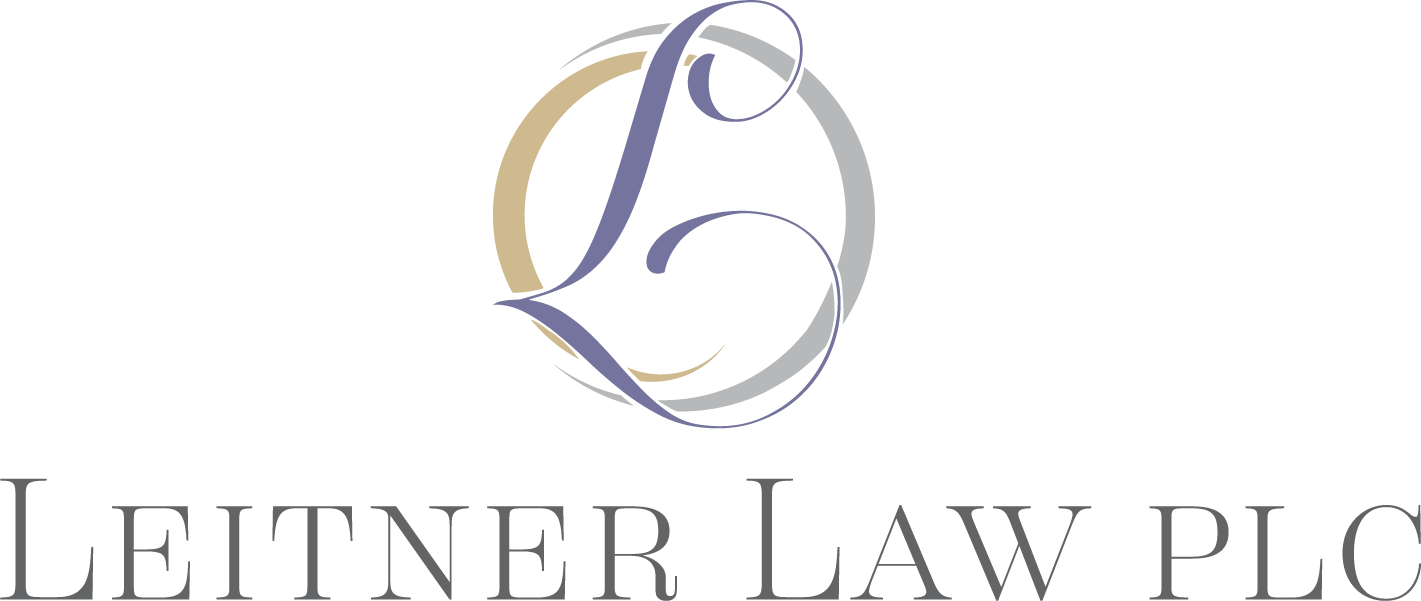Is Your Financial Information in Order?
Preparing and organizing your financial information for when you are no longer capable will bring peace of mind to you today. At the same time, it may relieve your loved ones’ burden in the future. You’ll ensure proper management of your financial situation and remain in control over your end-of-life care and legacy. The goal is to make and maintain accurate financial records.
Planners and books like “My Life Directory” and “I’m Dead. Now What?” are readily available to help you understand the scope of such a project. These resources can get you started with the process of organizing all your records and personal information. Whether you are a parent, near retirement, or both, putting together informational instructions on your finances now could help spare your family a great deal of work and heartache down the road.
Keep This Information With Your Estate Planning Documents
The assumption is that you already have an estate plan with necessary documents such as a will, living will, durable power of attorney, and health care proxy.
If this is not the case, retain an estate planning attorney near you to create these important legal documents. An experienced attorney can properly outline documents that instruct your family not only on your wishes in medical emergencies, but also on how to distribute your money and property after you’re gone.
You can then focus your attention on the financial details they will need to carry out your wishes. These steps should include a list of all relevant information, such as:
Names and contact information for bankers, lawyers, and insurance agents
Digital and hard assets
Bank accounts, bills, debts, credit cards
Insurance policies, annuities, pensions
PINs and passwords
Include a list of all companies and invoice types (monthly, quarterly, annually) that automatically debit money from your checking account. This list is about anyone and anything that is part of your financial life.
Planning Resources
The numerous books, planners, and online free worksheets available today can serve as your starting point. They may help you identify things to include in your list of financial information. There are also websites and apps designed to store your data and instructions securely for a one-time or recurring fee. These sites are typically referred to as estate planning organizers, end-of-life planners, document storage, and even death apps.
While these options may sound intriguing, a self-directed approach is generally best. Turning over consolidated personal financial data comes with some risk. Using these services may open you to the possibility of identity theft, hacking, misuse of your records, erasure, and loss.
Safely Storing Information at Home
Digitize your information in a computer document or spreadsheet and store it on a flash drive. Print hard copies of your instructions and information, and leave them with other important documents like your will or the deed to your home.
Are you low-tech? There is no shame in a binder or spiral notebook containing this information.
It’s a bit more cumbersome to update, but many people choose to leave instructions to family members in handwritten letters, lists, and notebooks. Perhaps consider purchasing a fireproof, floodproof safe for your home, where you can store this information. (Or, find a safe deposit box at a bank.)
Ensure your handwritten instructions don't vary with multiple scattered and undated papers. Stick to a standard method and throw out old documents.
Updating Your Information
Keep these records accurate with annual updates. Whenever there is a fundamental shift in how you (or someone else) manage your finances, revised your records accordingly. Be sure your executor and other relevant family members know the location of this information for future reference.
You may want your wishes to remain private. Consider sealing your information by storing them on flash drives and as hard copies in envelopes.
Preparing your financial records for your family can be time-consuming, but it’s not complicated. The true goal of this task is organization and consolidation. And it’s one of the most important financial tasks you will undertake during your life.
When you feel your project is near completion (other than annual updates), ensure you are not overlooking anything. Consider consulting with a qualified estate planning attorney in your area. These experts will not only make sure you have all the necessary legal documents in place, but they also can talk with you in further detail about your planning needs.
Additional Information
For more insights on maintaining your estate planning documents, be sure to check out the following articles:


